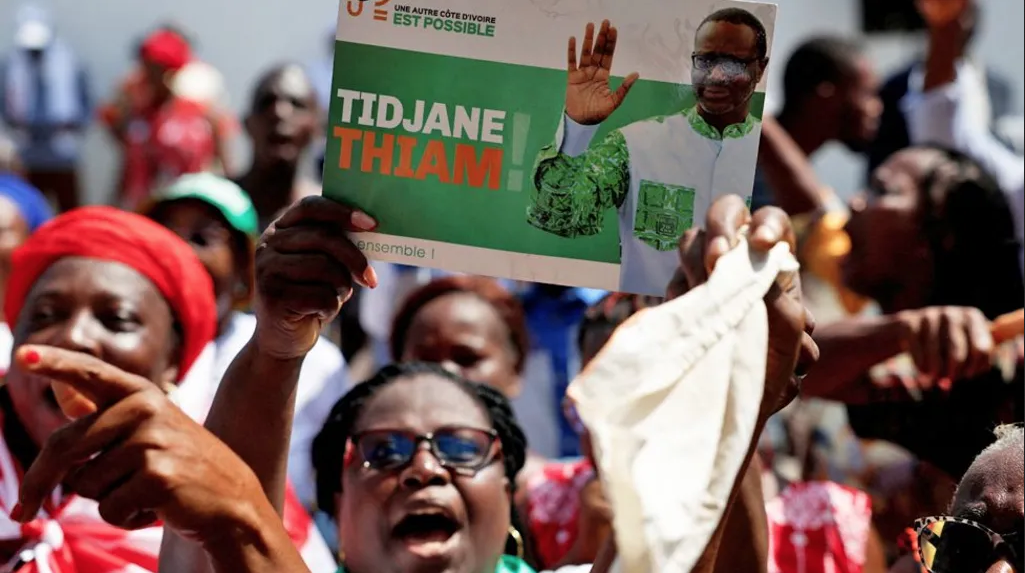A STUDY conducted after one year of the pilot Basic Income Grant (BIG) pilot project at the Otjivero settlement in Omitara claims that food poverty levels have been reduced by almost 40 per cent.
The study is the first of its kind in the world, measuring the effects of a grant of N$100 to every person under the age of 60 for two years. About 945 people at the settlement have been receiving the grant for the past year. Other notable achievements of the BIG introduced in Otjivero, according to the study conducted by the Labour Resource and Research Institute (LaRRI) and the Desk for Social Development (DfSD), were a significant drop in crime and a complete halt in school dropouts. According to figures from the local Police, stock theft and illegal hunting were two of the crime categories which dropped the most. The study also found people were better able to access anti-retrovirals (ARV) treatment, as they now had money for transport and better nutrition, which is vital for the drugs to work. The BIG grant has been a controversial topic in Namibia, with sceptics saying it perpetuates a handout mentality while supporters argue it is the only truly fair way to distribute income and help the poor. The coalition behind the BIG pilot project, consisting of the Council of Churches in Namibia (CCN), the Namibian Union of Namibian Workers (NUNW), the Namibia NGO Forum (Nangof) and the Namibian Network of AIDS Service Organisations (Nanaso), hopes to convince Government of the importance of the grant with the results from this survey. They argue the BIG has transformed Otjivero from a settlement characterised by ‘unemployment, hunger and poverty’ to one in which Bishop Dr Zephania Kameeta said people are ‘no longer owned by tragic circumstances’.In his keynote address at the launch of the study, Kameeta, who is the head of the BIG council, said people ‘should not think of it as people receiving N$100, but as people receiving their dignity’.Jonas Damaseb, a resident of Otjivero quoted in the study, said that ‘generally, the BIG has brought life to our place’. ‘Everyone can afford food and one does not see people coming to beg for food as in the past. What I can say is that people have regained their human dignity and have become responsible,’ he saidThis was echoed by Otjivero residents present at the launch.They said they have finally been able to afford their children’s school fees and even such luxuries as TVs and DVD players, which they could only have dreamt of before. According to the study, local people have once again started engaging in work, and a small local economy is developing.Brick and dress making, leather works and a small baking business are just some of the activities taking place at Omitara now. According to Herbert Jauch of LaRRI, self-employment at the settlement has increased by over 300 per cent. Even Prime Minister Nahas Angula, a known sceptic of the project, was quoted at the launch as saying that he ‘had never seen a project that has had so much impact in such a short period of time’.But not everyone is convinced about the effectiveness of the BIG. Some have argued it will promote alcoholism as people now have more income available. A local shop owner is quoted in the survey as saying that ‘my experience with the BIG is that people buy some food and then there is money left over and they buy liquor’. Surrounding farmers declined to talk to the research team about their experiences of the BIG. The council is confident the BIG would be affordable with minor budget reshuffles or increased taxes for high-income earners.Jauch said BIG was an ‘acceptable and modest start’ to income redistribution in Namibia, currently the country with the highest income inequality in the world. He said the ‘cost of inequality’ in terms of social unrest and crime would be far greater than the proposed N$1,2 to N$1,6 billion, representing between two to three per cent of Namibia’s GDP, needed for a national BIG grant.Nangof will present the findings of the study to President Hifikepunye Pohamba today.
Stay informed with The Namibian – your source for credible journalism. Get in-depth reporting and opinions for
only N$85 a month. Invest in journalism, invest in democracy –
Subscribe Now!










